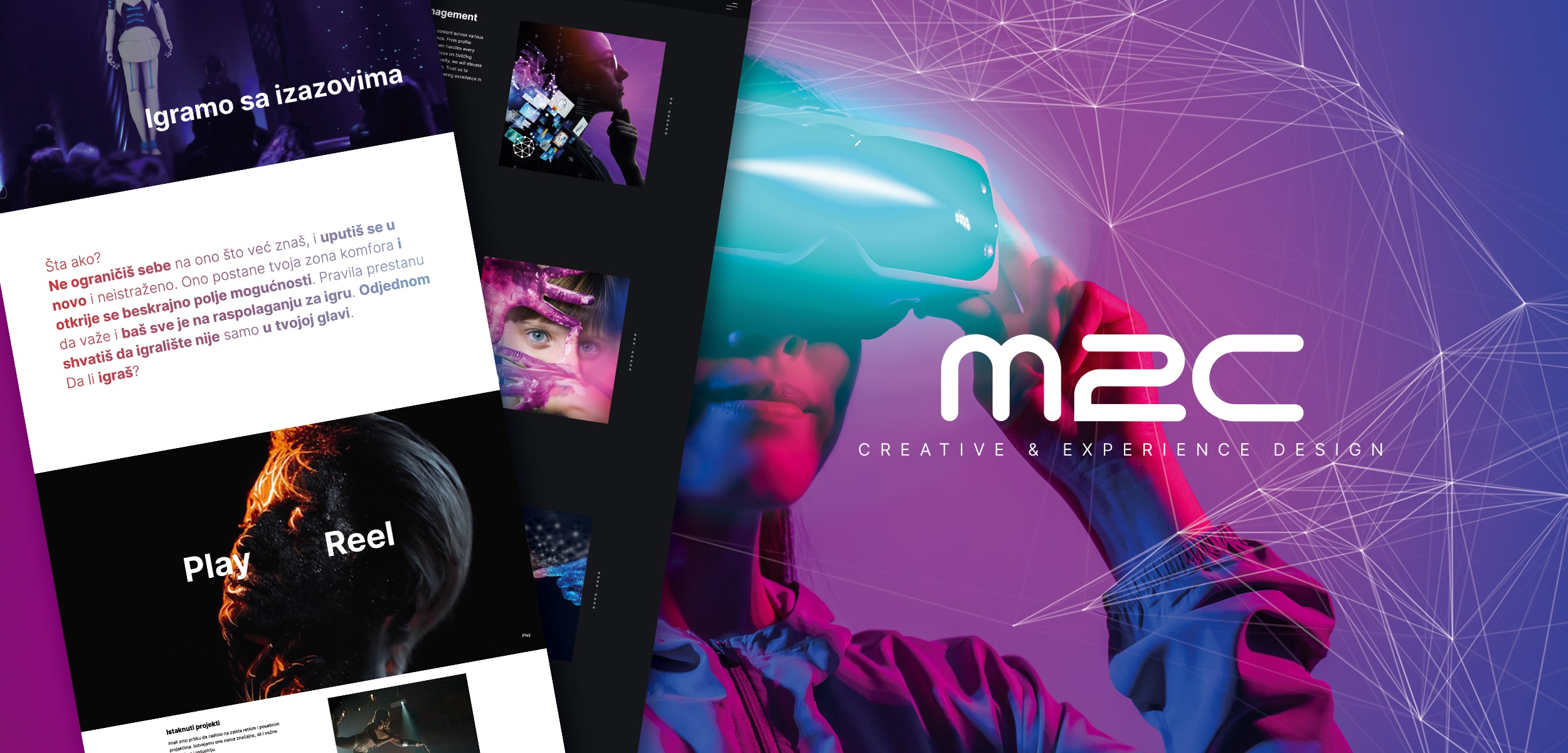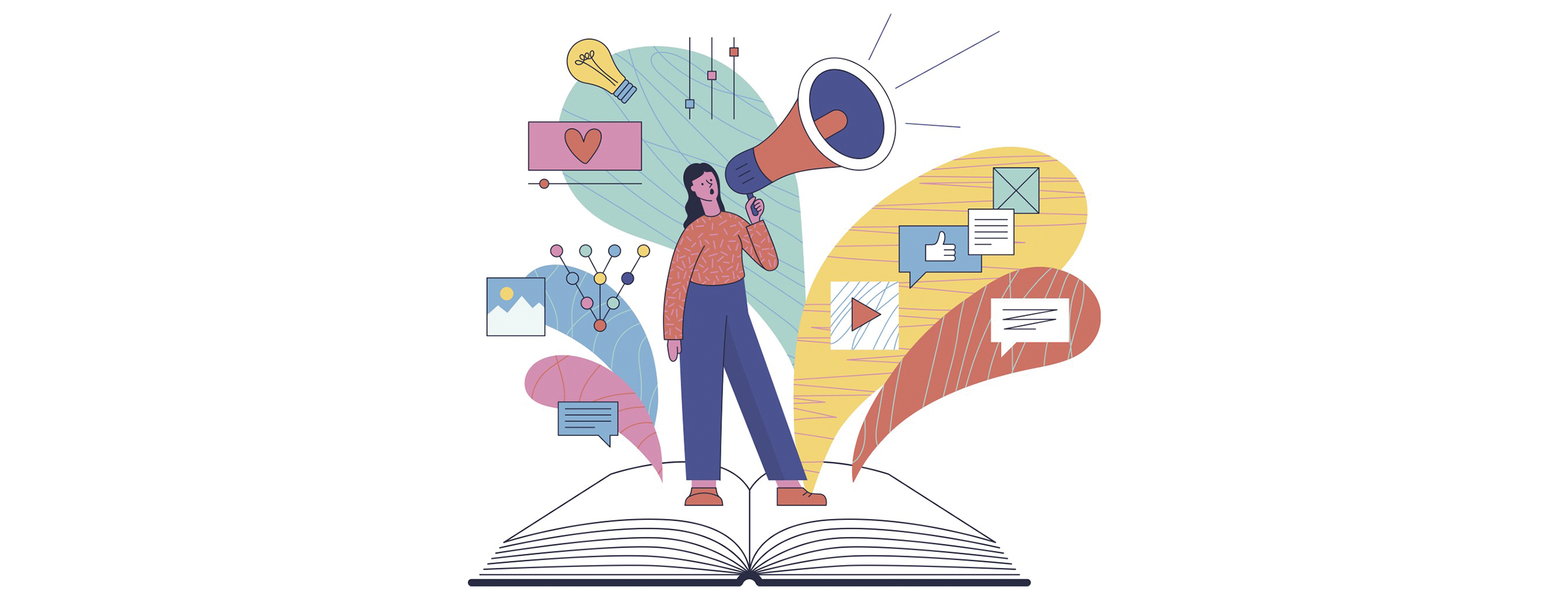
TECHNOLOGIES AND ETHICS: SUPERCIUK’S TENDENCIES

Anyone who has read the comic Alan Ford will remember the legendary antihero Superciuk, whose modus operandi and street activism ironically reflect the image of contemporary society. Superciuk, this self-proclaimed “fighter against the system,” actually acts in direct contrast to what one would expect from a “good” hero – he steals from the poor to make the rich even richer. He is like the antithesis of Robin Hood, the outlaw from Sherwood Forest.
In a similar vein, but in the digital age, operates the powerful tech sector – its ambitions and ability to accumulate power and wealth know no bounds, while at the same time, in a society of massive social inequalities, the vast majority of people live increasingly difficult lives.
THE PARADOX OF THE SYSTEM
Leading tech companies, such as Google, Apple, and Facebook, not only dominate the market but also shape our everyday lives. Their role in accelerating technological development and creating new economic opportunities is undeniable, but their global influence also brings numerous controversies that cannot be ignored.
Through business practices such as tax avoidance, resource appropriation, manipulation of laws, and data concentration, internet giants achieve extraordinary profits and power. Their methods include monopolistic behavior, acquisition of competitors, favoring their own products and services, and implementing policies that threaten user privacy and security.
The term “Big Tech” generally refers to the five largest American tech companies: Google (Alphabet), Apple, Amazon, Meta (Facebook), and Microsoft. Together, these companies are worth more than $12.6 trillion. The Cupertino giant, Apple alone, with a market value exceeding $3.6 trillion, has more capital than the gross domestic product of the United Kingdom, the sixth-largest economy in the world.
Although the global tech sector generates immense wealth, it is unevenly distributed and threatens the economic balance of modern society. Reports from organizations like Oxfam reveal a concerning picture of reality: in the last four years, the five richest people on the planet, including Elon Musk and Jeff Bezos, have doubled their wealth, while in the same period, as many as five billion people worldwide have become poorer. The owner of Tesla and the world’s richest man recently became the first person whose net worth surpassed $400 billion.
MONOPOLY AND TAXES
Big Tech companies face growing criticism for monopolistic practices, including aggressive takeovers of competitors and market control. For example, Google lost an important antitrust case in the U.S. this year, with the court ruling that the company unlawfully monopolized the internet search and advertising market. The outcome of these decisions could have serious consequences for Google, potentially leading to its breakup or significant changes in its business model to comply with U.S. antitrust regulations. Like Google, Apple has long been under scrutiny for how it manages its digital app stores, abusing its market position to the detriment of developers and users.
One of the most active institutions in the fight against internet giants is the European Commission, which has introduced the Digital Markets Act (DMA), a package of regulations aimed at balancing the market dominance of large tech companies. This law sets rules to prevent monopolistic practices by large firms, enabling smaller competitors to have a fairer access to the market.
Big Tech players often use numerous tax havens to avoid paying taxes in the countries where they earn enormous profits. The policy of redirecting money and profits to tax oases has led to the largest global economies, as reports show, losing at least $32 billion annually in taxes from the five largest tech companies in Silicon Valley.
Based on this experience, an initiative has been proposed for the introduction of a global minimum tax of 15% for internet giants, requiring these large corporations to pay taxes not only in the countries where they are registered but also in the countries where they generate revenues.
FAKE NEWS
In addition to market dominance, Big Tech companies have been accused of spreading misinformation. Social media algorithms often favor sensationalist content that polarizes the public, including the spread of fake news. Platforms like Twitter (now X) have faced criticism for their role in political manipulation and spreading conspiracy theories. In an attempt to address this issue, tech companies have formed an industry alliance to develop tools that detect and remove manipulative content, such as “deepfake” videos and false information.
Tech giants have also been increasingly criticized for poor working conditions for employees, particularly those in positions that do not require specialized skills. On the other hand, the CEOs of these companies enjoy enormous salaries and bonuses, creating a contradiction in relation to working conditions at lower levels. This pay gap raises concerns about business ethics and corporate social responsibility. For example, in the U.S. in 2023, the average salary of executives was 340 times higher than that of ordinary workers, an imbalance not seen in modern history.
Large internet giants, which support initiatives for diversity and gender equality, have faced criticism for promoting and effectively imposing “woke” and “cancel” cultures. Due to their content moderation policies and enforcement of “mainstream” discourse in the digital and media sphere, they have been accused of censorship and suppressing free speech. These practices, which include the exclusion of individuals or organizations for disagreeing with liberal norms, raise questions about freedom of speech and the impact these companies have on social dialogue.
The digital industry is increasingly facing challenges related to the development of artificial intelligence, including legal, security, and energy concerns. Large tech companies are rapidly expanding the use of AI, which surpasses existing regulations. Experts emphasize the need for a more responsible approach to ensure that AI truly benefits society, while balancing progress with sustainability.
FICTION IS REALITY
And to return to the beginning. The paradoxical principle of our hero Superciuk from the opening parts of this text represents a key satire in the Alan Ford comic, as he – despite being acutely aware of social and economic injustices – ironically supports and reinforces the status quo, making the system even more unjust.
Although in the comic, Superciuk’s fight is comedic and surreal, it actually reflects a real dynamic in which the rich and powerful use the system to deepen inequality and maintain the system that helps them become even more powerful, influential, and wealthy. In the real world, therefore, the major tech giants hold a prominent place in preserving this hyper-connected, post-industrial order based on (global) injustice.
To reduce the negative impact of Big Tech companies, serious legislative and regulatory reforms are needed. A few years ago, the U.S. Congress attempted to “discipline” the largest tech giants by holding public hearings with their CEOs and owners, accusing them of abusing their power and market influence. The result? Four years later, the five largest tech companies in the U.S. have doubled their wealth, and aside from sporadic attempts to regulate their business practices, nothing significant has changed.
Therefore, states and supranational organizations must make greater efforts to reduce the power of large corporations and ensure a fairer distribution of wealth. Additionally, supporting small businesses and developing decentralized technologies can help reduce the dominance of large digital players. Educating users about their rights can also play an important role in creating a fairer society and a more sustainable global economy.

Our Commercial “Plays” at the Olympics!
With just ten weeks from pitch to final edit, our mission was clear: to showcase a revolutionary smartwatch that makes everyday people more mobile, healthy, and active—presented in a simple and fun way. We knew this campaign had to resonate globally, so we brainstormed not one, but four “genius” ad concepts. We crafted eight different […]


Same Vision, New Experience
In addition to the many creative projects we undertake for our clients, we finally took some time to focus on our brand! We’ve completely redesigned the M2C website. Our goal was to better showcase the values that have shaped the M2C story, as well as to highlight the increasingly complex and challenging projects […]


STORYLIVING: THERE ARE MANY STORIES, THE REAL ONES ARE HEARD
Storyliving podrazumeva stvaranje doslednog i kohezivnog narativa brenda na različitim tačkama dodira i kanalima, kako online tako i offline. Brendovi koji koriste ovaj princip teže da integrišu svoju priču u živote potrošača, nastojeći da budu prisutni tokom njihovog putovanja. To može uključivati kreiranje zanimljivog sadržaja, korišćenje društvenih mreža, razvoj personalizovanih iskustava i usklađivanje brend poruke sa životnim stilom i aspiracijama potrošača.

















